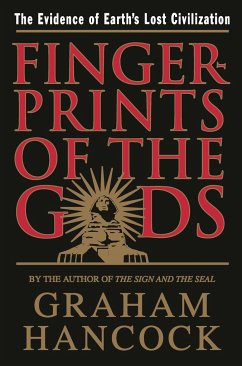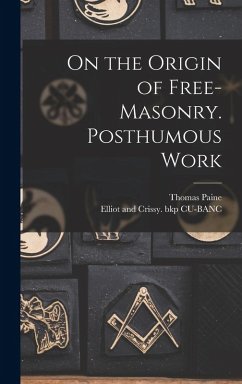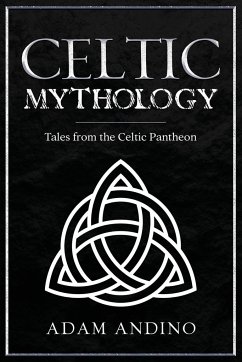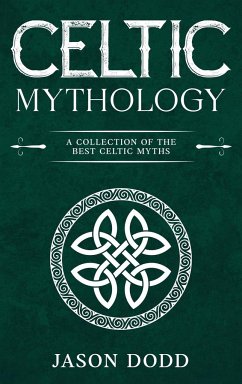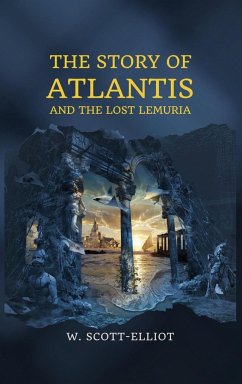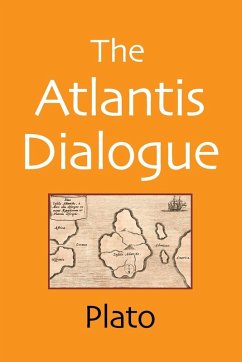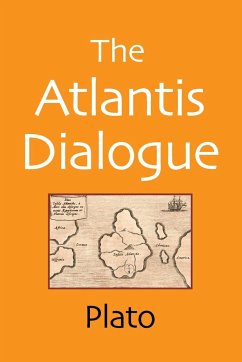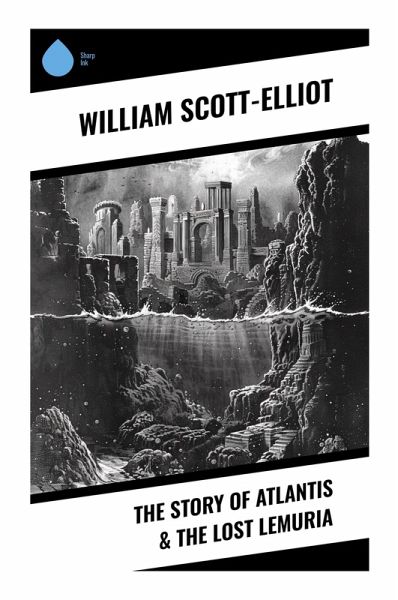
The Story of Atlantis & The Lost Lemuria

PAYBACK Punkte
0 °P sammeln!
In "The Story of Atlantis & The Lost Lemuria," William Scott-Elliot masterfully weaves together myth, history, and speculative philosophy to explore the fabled civilizations of Atlantis and Lemuria. The book's narrative is characterized by an engaging prose style, rich with vivid descriptions and imaginative reconstructions of prehistoric societies. Scott-Elliot draws on theosophical influences and contemporary scientific discourse of his time, grounding his fantastical accounts in an elaborate framework that navigates between esoteric traditions and emerging archaeological theories. This blen...
In "The Story of Atlantis & The Lost Lemuria," William Scott-Elliot masterfully weaves together myth, history, and speculative philosophy to explore the fabled civilizations of Atlantis and Lemuria. The book's narrative is characterized by an engaging prose style, rich with vivid descriptions and imaginative reconstructions of prehistoric societies. Scott-Elliot draws on theosophical influences and contemporary scientific discourse of his time, grounding his fantastical accounts in an elaborate framework that navigates between esoteric traditions and emerging archaeological theories. This blend of imaginative storytelling and speculative inquiry invites readers to contemplate the deeper mysteries surrounding humanity's ancient roots. William Scott-Elliot, a prominent figure in the late 19th-century theosophical movement, was deeply influenced by the ideas of H.P. Blavatsky and the search for lost civilizations. This background, coupled with his passion for ancient history and exploration, motivated Scott-Elliot to investigate the legends of Atlantis and Lemuria. His works sought not only to entertain but to provoke thoughtful consideration of mankind's collective heritage and spiritual evolution, positioning him as a bridge between literary imagination and scientific curiosity. Readers intrigued by lost civilizations, mythology, and alternative historical narratives will find "The Story of Atlantis & The Lost Lemuria" a compelling addition to their collection. Scott-Elliot's richly layered storytelling invites exploration of profound themes about civilization, spirituality, and the forgotten chapters of human history, making it a crucial read for those seeking to unravel the enigmas of our past.




